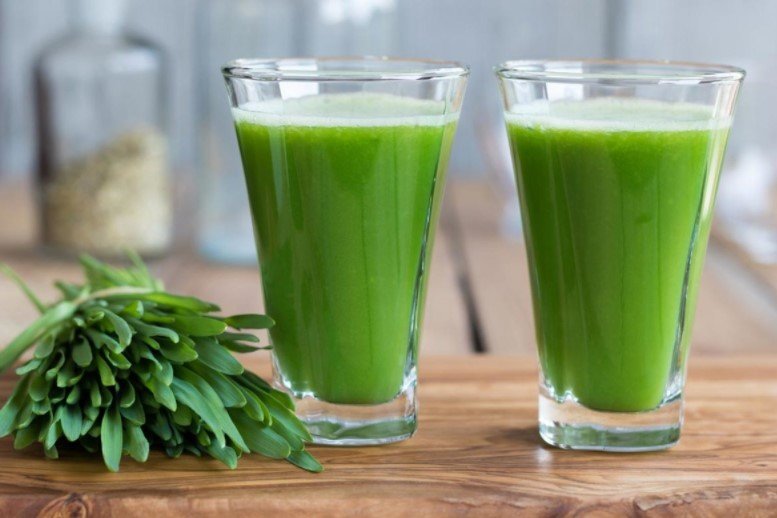Understanding Wheatgrass: Nature’s Green Powerhouse
In recent years, health enthusiasts have increasingly turned to wheatgrass shots as a powerful natural supplement packed with incredible health benefits. This vibrant green elixir, derived from the young shoots of the wheat plant, has emerged as a true superfood that offers a remarkable range of nutritional advantages.
Nutritional Profile: What Makes Wheatgrass So Special?
Wheatgrass is incredibly nutrient-dense, containing a stunning array of vitamins, minerals, and bioactive compounds. Its most notable component is chlorophyll, often referred to as “green blood” due to its molecular structure’s striking similarity to hemoglobin. This unique characteristic allows wheatgrass to provide remarkable health benefits across multiple bodily systems.
- Rich in vitamins A, C, E, and K
- Packed with essential minerals like iron, magnesium, and calcium
- Contains powerful antioxidants that combat free radicals
Boosting Immunity and Fighting Infections
One of the most impressive benefits of wheatgrass is its ability to supercharge the immune system. The plant’s complex sugars and oligosaccharides stimulate immune cells, particularly monocytes, which play a crucial role in defending the body against harmful pathogens.
Scientific studies have demonstrated wheatgrass’s potent antibacterial properties. Research shows it can effectively combat dangerous bacteria like Listeria monocytogenes and Streptococcus pneumoniae, providing a natural defense mechanism against potential infections.
Digestive Health and Gut Wellness
Wheatgrass is a powerful ally for digestive health. Its rich enzyme content helps stimulate digestive processes and supports gut detoxification. Regular consumption can help prevent common digestive issues such as stomach ulcers, constipation, and hemorrhoids.
The plant’s natural detoxifying properties support liver function and help eliminate toxins from the body. By promoting healthy gut bacteria and reducing inflammation, wheatgrass contributes to overall gastrointestinal wellness.
Skin Health and Anti-Inflammatory Benefits
The antioxidants in wheatgrass play a significant role in skin health and reducing inflammation. By neutralizing free radicals and preventing oxidative stress, wheatgrass can help maintain youthful, healthy skin and potentially slow down the aging process.
Furthermore, its anti-inflammatory properties can help reduce chronic inflammation, which is linked to numerous health conditions like heart disease and certain types of cancer.
Liver Detoxification and Cancer Prevention
Chlorophyll and other bioactive compounds in wheatgrass have shown promising potential in liver protection and cancer prevention. The presence of abscisic acid, a compound with anticancer properties, suggests that wheatgrass might help prevent cellular mutations that lead to cancer development.
Studies have indicated that regular consumption of wheatgrass can support liver health by preventing fatty liver disease and promoting optimal liver function.
How to Incorporate Wheatgrass into Your Diet
Wheatgrass shots are the most popular and convenient method of consumption. Start with small amounts, typically 1-2 ounces per day, and gradually increase your intake. You can also find wheatgrass in powder form, which can be added to smoothies or juices.
Pro tip: For maximum benefits, consume wheatgrass shots on an empty stomach in the morning to enhance nutrient absorption.
Precautions and Considerations
While wheatgrass is generally safe, it’s essential to consult with a healthcare professional before adding it to your diet, especially if you have allergies, are pregnant, or have specific medical conditions.
Always source wheatgrass from reputable suppliers and ensure it is organic and free from contamination.
By incorporating wheatgrass shots into your daily routine, you’re taking a powerful step towards holistic health and wellness. This natural superfood offers a comprehensive approach to nutrition, supporting your body’s vital functions and promoting long-term health.






